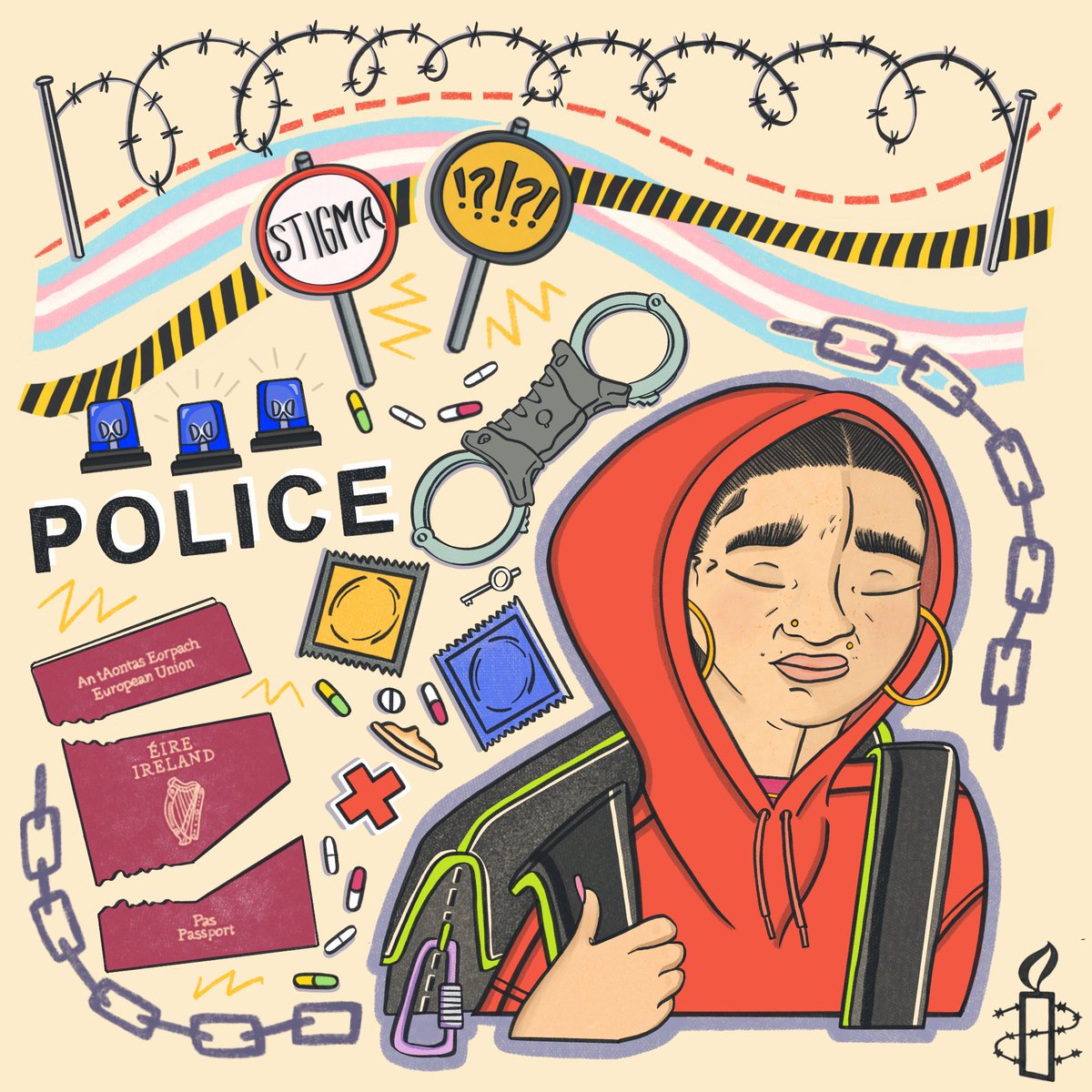
NEW REPORT: “We live within a violent system.” Structural violence against sex workers in Ireland – this is what our research found (Thread) 👇
#decrimforsafety #rightsforsexworkers
#decrimforsafety #rightsforsexworkers

1/8 The laws: In 2017, the Criminal Law (Sexual Offences) Act introduced amendments to the Criminal Law (Sexual Offences) Act 1993 and criminalised the purchase of sex.
2/8 Section 10 of the 1993 Act criminalises “living on earnings of prostitution” and Section 11 – “brothel keeping”, with the term applying to two or more sex workers selling sexual services from the same premises.
3/8 The majority of the sex workers interviewed identified sharing premises with other workers as a useful strategy to limit potential risks of violence, but the law is preventing them from doing so.
4/8 Laws are forcing sex workers into riskier behaviours due to client criminalisation. 'I was down a cul de sac that was discreet so I wasn’t going to be found by the Guards. But I had no escape route if anything went wrong.That was a direct result of Garda targeting of clients'
5/8 Our research also uncovered a profound lack of trust in the police among sex workers. Among the reasons given by interviewees for preferring not to engage with the Gardaí when experiencing violence were 👇
6/8 - lack of trust in the service
- fear of violence at the hands of the Gardaí
- fear of stigmatisation
- their landlord being notified or targeted leading to eviction
- homelessness, as well as criminalisation, with particular risks to migrant sex workers mentioned
- fear of violence at the hands of the Gardaí
- fear of stigmatisation
- their landlord being notified or targeted leading to eviction
- homelessness, as well as criminalisation, with particular risks to migrant sex workers mentioned
7/8 Sex workers must be meaningfully consulted in the development of laws, policies or programmes that affect them & their human rights. Participation must involve current sex workers and those from marginalised groups and those facing discrimination.
8/8 Sex workers also identified adequate housing as a major human rights concern. Other areas were stigma towards sex workers along with intersecting forms of discrimination e.g. ethnicity, race, gender & gender identity, socio-economic circumstances, migration status or drug use
• • •
Missing some Tweet in this thread? You can try to
force a refresh



